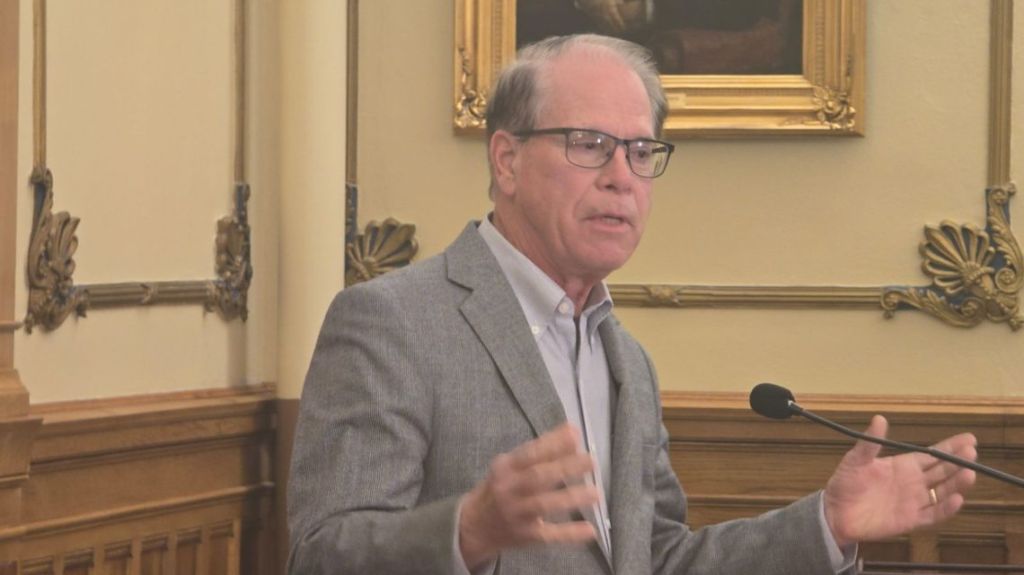Gov Braun: Data Centers Must Deliver Real Value to Indiana

INDIANAPOLIS — Governor Mike Braun says Indiana is open to new investment, including data centers, but he’s making it clear that these projects need to deliver real economic value without putting extra pressure on local communities or utility customers.
In a conversation with WIBC’s Tony Katz, Braun responded to growing concerns about the cost and environmental impact of large-scale data centers, including a proposed Google facility on the east side of Indianapolis.
“There’s a ton of capital investment and a construction multiplier effect,” Braun said. “But those jobs dissipate once it’s done. After that, it uses a ton of electricity and a decent amount of water to boot.”
He pointed out that in rural counties, where assessed value is often limited, data centers can help expand the tax base. Still, Braun said Indiana isn’t handing out automatic approvals.
“I’m going to measure it based upon what I told you. It’s not a categorical yes or no,” he said. “We want to be open for business, anyone that wants to come here and invest, but if it’s going to have impact, and it’s not along with high-paying jobs, you’ve got to abate many of these out of the gate to where they don’t even get the benefit of local property tax revenue.”
Braun highlighted a new law that requires data centers to pay for 80 percent of the cost of new electricity generation if they haven’t already started construction. He said that’s meant to protect ratepayers from covering the cost of infrastructure needed by energy-hungry facilities.
“That’s where we start,” Braun said. “Then it’s going to be up to the data centers and the utility companies to make the case that it’s going to be neutral in terms of impacting the cost of electricity for everyone else.”
He also weighed in on public frustration over rising utility bills. AES Indiana recently asked for a rate hike, but the state’s consumer counselor pushed back with a recommendation to lower rates instead.
“That rate hike has been too commonplace without taking the other side of the equation into consideration,” Braun said. “It’s mostly to show that you’re not a juggernaut that gets everything you want without discussion.”
Indiana currently generates around 20 gigawatts of electricity, which Braun said is barely enough to keep up with demand. Some data centers, he noted, can consume up to one gigawatt each.
“Demand for electricity was flat as a pancake, and now one of these centers can use up to a gig,” he said. “We’ve got to be careful, especially when it takes four to five years to bring any new generation online.”
Braun also expressed doubts about wind and solar, calling them unreliable and saying grid operators don’t count them as baseload power. Instead, he’s pushing for small modular nuclear reactors and wants to delay shutting down existing fossil fuel plants.
“They check off so many things that make sense in terms of baseload,” Braun said. “That’s going to be there whether the sun’s shining or not, or the wind’s blowing.”

















